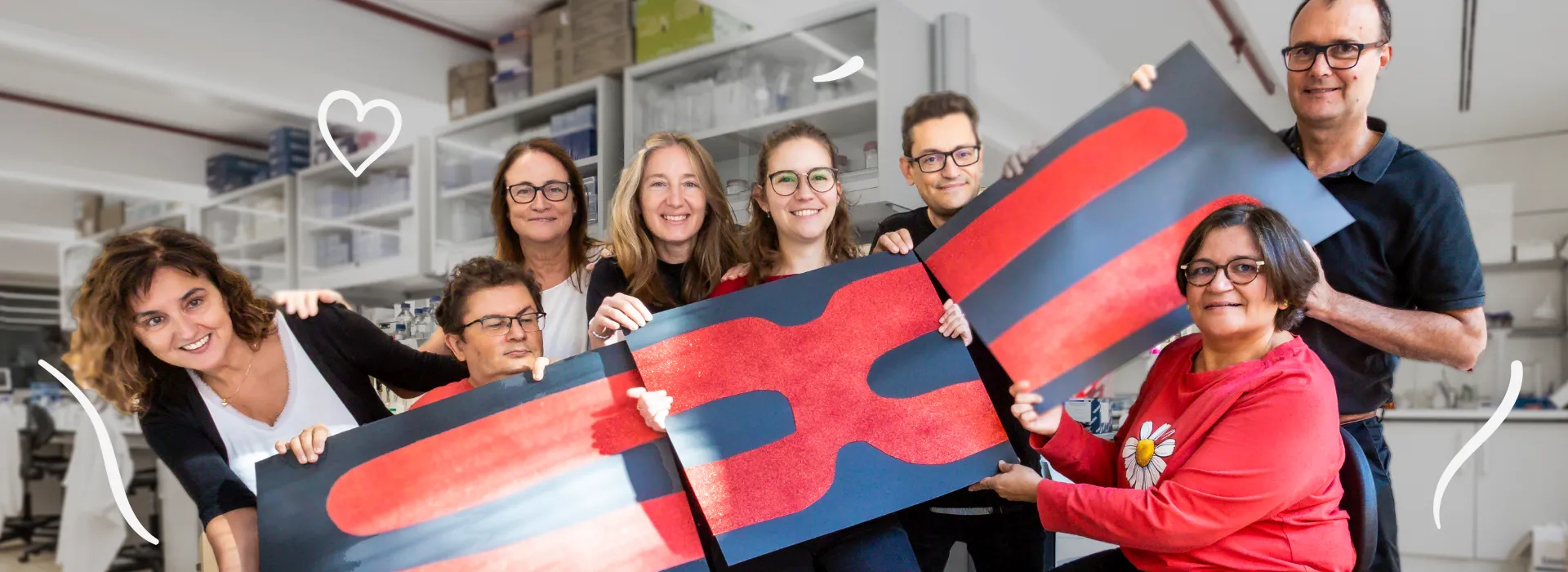Detecting Cancer Early
The Fanconi Cancer Cancer Consortium (FACC) unites researchers, medical centers, and individuals with FA in a collective mission against FA cancer. Dedicated to bolstering cancer care strategies through evidence-based research, the FACC prioritizes a comprehensive approach to all FA-related cancers. With investigative teams spanning globally renowned institutions such as the National Institutes of Health, the Rockefeller University, and more, the FACC champions cutting-edge research and education programs. Supported by grants from the Fanconi Cancer Foundation and FA advocacy groups like Fanconi Canada and Deutsche Fanconi-Anämie-Hilfe e.V., the FACC is working to revolutionize the landscape of FA cancer care.


